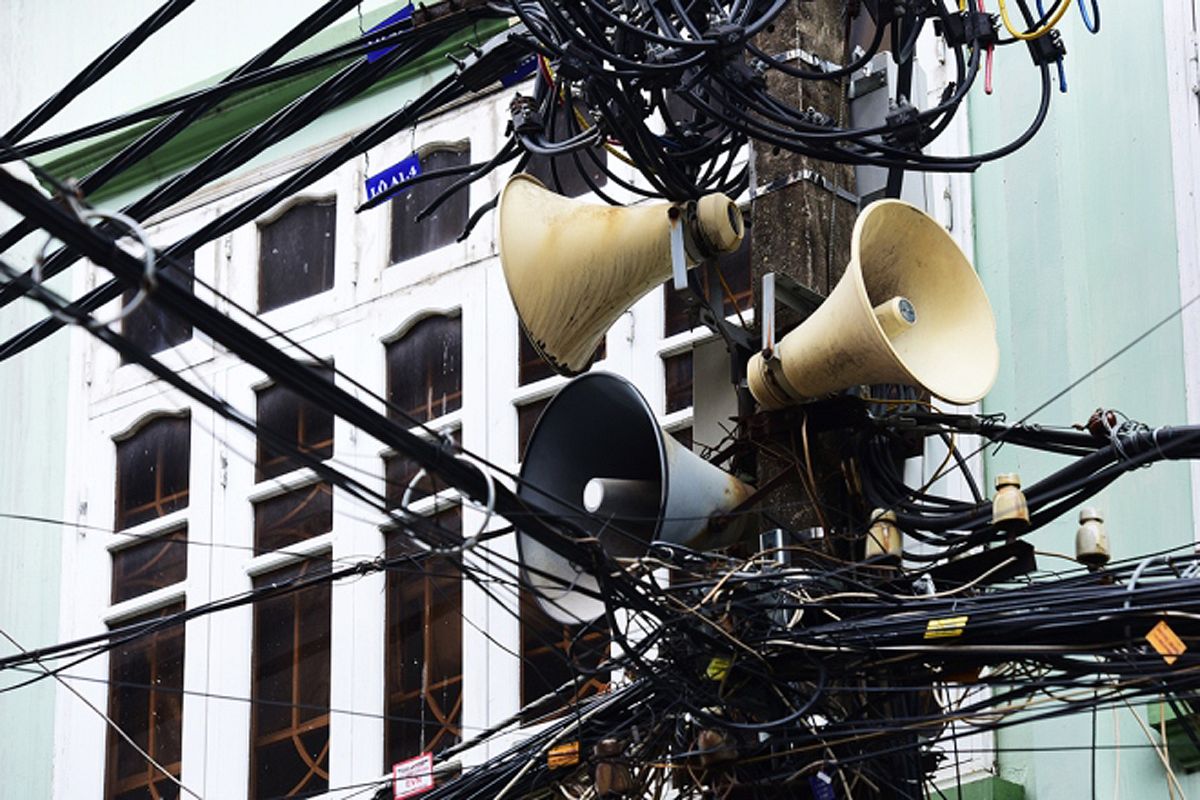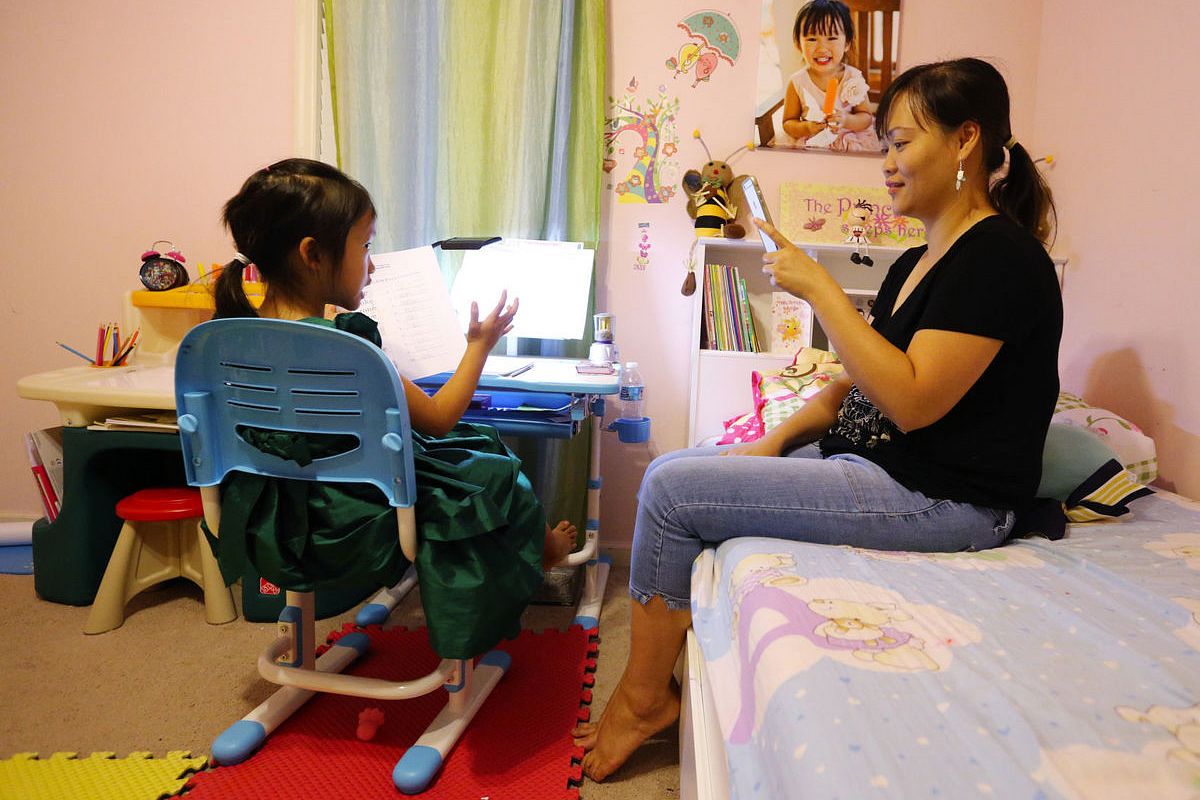During a meeting reflecting on Vietnam's Book Day which was founded five years ago, Vice Director of Vietnam Publishing Group Le Hoang laid out four proposals for cultivating a stronger reading culture in the country.
In his essay republished on Zing, Hoang argues Vietnam's poor readership is the result of the lack of exposure to books from an early age, hence the need to improve reading culture among children and adolescents.
Hoang's first proposal is to include reading as an official course in the school curriculum. To illustrate how this can be done, he gave two examples from the reading classes in Phan Huy Chu Secondary School and Nguyen Sieu Secondary School. In Phan Huy Chu, a team of history, geography and civic education teachers are assigned to give students advice on how to choose books in these classes. A theme is chosen for each month and students are given the freedom to choose books they want to read, summarize, and reflect on them. At Nguyen Sieu, in addition to a reading class, compulsory reading activities are also incorporated into literature classes.
The second idea is to compile a recommended reading list for all grades. The Vietnam Publishing Group will collaborate with publishing houses across the country to nominate a list, which will then be sent to the Department of Education for approval in the 2019-2020 academic term.
He also suggests that authorities should invest their time and resources into restructuring school libraries. Hoang contends that libraries need to play a crucial role in cultivating a friendly environment from which a reading culture can emerge. Activities such as author talks, discussions, panels, competitions and programs helping children and young adults developing a reading habit are all necessary.
"School libraries are not warehouses for books; they should attract teachers and students to come and read, research and learn from those books," he writes.
Hoang's last proposal is improving access to books for students in poor households and areas by having more donation programs.
[Photo via Creative Commons]














